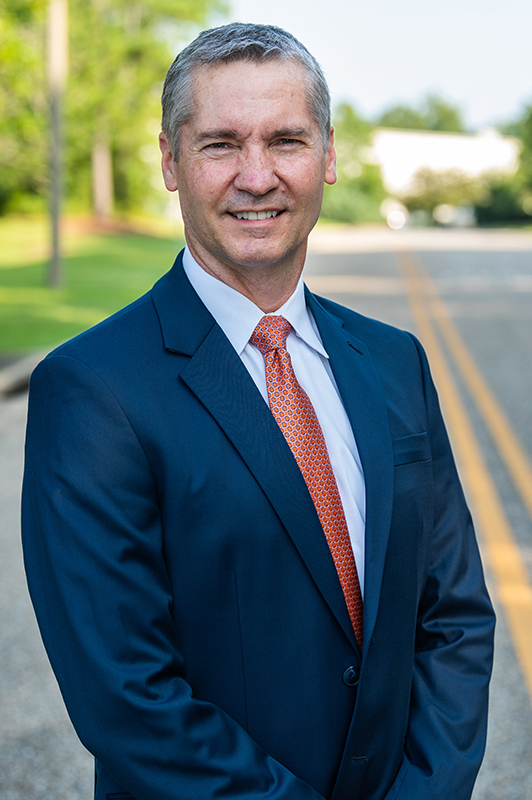- Fall 2020
Message from the Director: New Ways

One thing for sure is that the pandemic has forced us to find new ways to do many things: working from home, new ways to meet, new ways to greet, new ways of getting entertainment, new ways to worship. Although we all look forward to getting back to the normal ways when the pandemic is over, I think that some of the new ways are going to stick.
In the world of research, we are constantly exploring new ways, such as new ways of designing mixes, new ways of designing pavements, new ways of constructing pavements, new ways of rehabilitating pavements, and new ways of evaluating additives.
We often lament that our industry is slow to change. Change is not easy; it is often messy. Changing one thing frequently results in a cascade of other changes that must follow. Perhaps it is human nature, but we shouldn’t resist change out of stubbornness or desire to maintain our comfort level. We should seek better ways, even if it is a small change. Will the result of the new way be better? Will it cost less? Will it be more efficient? Will it be safer? Will it be more sustainable? When it comes to spending the public’s money, we need to answer those questions as clearly as possible.
A few years ago, I learned a new way to do a very simple thing that you may think is trivial, but it gives me a little bit of satisfaction nearly every day. What I learned was a new way to tie my shoelaces. The way I had learned to tie my shoes when I was a little boy had worked for nearly 50 years, but there was always a flaw – the bow would naturally settle at a twisted angle across the shoe. I learned from YouTube how to tie the knot so that the bow lays nicely across the shoe. This new way didn’t change my life in a significant way, but a small flaw is now gone. I did a tiny amount of research (thanks, YouTube) and voila! – a better way.
Sometimes change is not just about making improvements; sometimes it is necessary to survive. In nature, organisms that don’t adapt, don’t survive. The same is true in business; organizations that don’t adapt don’t survive. As business strategy expert Gary P. Hamel said, “You can’t build an adaptable organization without adaptable people-and individuals change only when they have to or when they want to.”
I hope that you will join us in the search to reveal the weaknesses and flaws and then adapt to new ways that are truly better. Our survival may depend on it.
Randy C. West, Ph.D., P.E. | Director and Research Professor